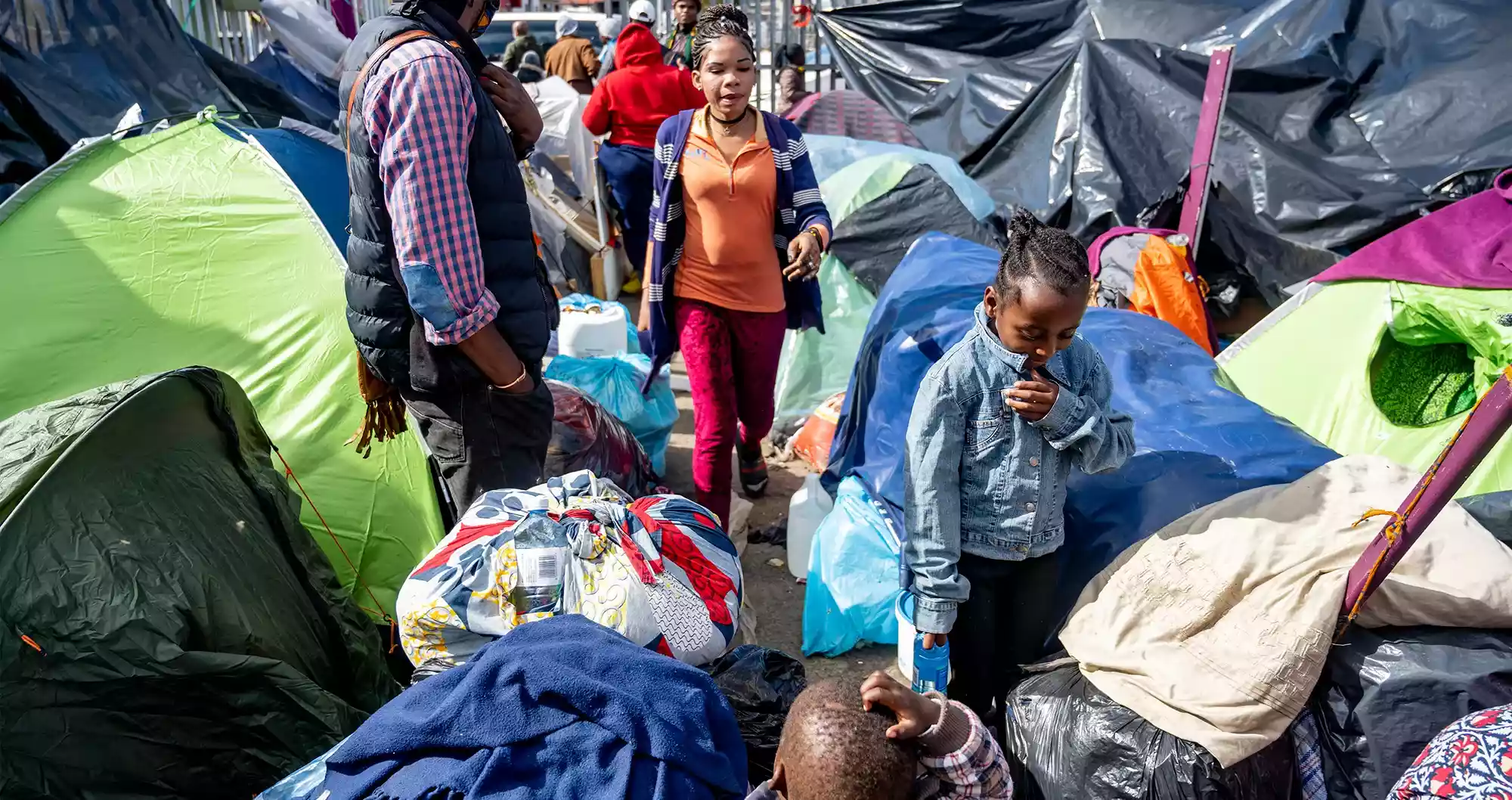
IF there is any South African statistic that attracts trepidation, animosity, intrigue and controversy, it’s the population of ‘illegal’ immigrants.
There are as many variations of this vital population figure as there are political parties, civil society organisations and asylum representative groups.
In a normal country where citizens cross a formal border — whether legally for asylum-seeking or on false holiday tickets — it is easy for immigration departments to extrapolate estimates.
The case of South Africa is complicated by the fact that its borders are unashamedly porous; with a border control system that is known to be highly corruptible, inefficient and outright criminal.
Northern neighbours
Moreover, the generic label of ‘illegal immigrants’ is usually associated with Zimbabweans whose country is not only near to South Africa, but also boasts timelessly deep historical ties.
How South Africa can have so many aliens slipping through statutory records — and from a single country — is a subject of both political and social science.
Zimbabweans in South Africa — whether documented or otherwise — are a soft target of populist electoral hatred.
- Mbavara eyes to resurrect Matavire’s music legacy
- Zim exiles panic over SA permits
- Zim exiles panic over SA permits
- Social media platforms should act on hate speech
Keep Reading
Masvingo and Matabeleland South provinces are the nearest Zimbabwean geographical entities to South Africa’s northern Limpopo border, with both the western and the eastern tripoints bound by a distance of around 225km.
If one considers the high levels of unemployment and drought in these provinces, combined with weak — if not non-existent — border patrol systems and political instability, it is easy to appreciate why South Africa’s economy and social services currently labour under an albatross of undocumented aliens.
Labelled ‘Makwerekwere’
It is against this backdrop that #SouthAfricaVotes2024 will inevitably evoke emotions from that country’s main political protagonists. Zimbabweans in South Africa — whether documented or otherwise — are a soft target of populist electoral hatred.
Given South Africa’s already strained social service delivery record, high unemployment and soaring crime rate, the conventional scapegoat for the country’s woes are Zimbabweans.
There are close to 14 registered political parties that will be vying for political office with a common message of reversing unemployment and crime; transgressions mostly associated with ‘Makwerekwere’ — a derogatory moniker for African aliens, especially Zimbabweans, Mozambicans and Malawians.
The four frontrunners of South Africa’s electoral drama — African National Congress (ANC), the Democratic Alliance (DA), the Economic Freedom Front (EFF) and Inkatha Freedom Party — will invariably focus their scripts on that country’s economic deficiencies.
Yet these “conventional” parties — unlike Herman Mashaba’s ActionSA, the eccentric Dudula and Mmusi Maimane’s Build One South Africa (BOSA) — are unlikely to brandish xenophobic attacks as part of their campaign toolbox.
However, what Zimbabweans, Malawians, Mozambicans and — to a lesser extent — Ethiopians and Somalis know is that all political parties tend to send sublime anti-foreigner messages to grab the attention of their supporters.
This spells doom for Zimbabweans who generally constitute the greater number of aliens.
Moreover, the blossoming popularity of the EFF, and the desire to “identify with the masses” of ActionSA, Dudula and BOSA are a potent mixture in the keg of political messaging.
In the past few months, both Dudula and BOSA have strongly criticised the ANC and top contender EFF for being lenient with Zimbabweans.
Herman Mashaba’s unsubstantiated claims of 15 million illegal immigrants inflamed emotions in South African masses who believe these Africans deprive them of employment.
Efforts by the Zimbabwe Exemption Permit Holders Association to extend the legitimacy of registered Zimbabweans are a drop in the ocean.
What is known is that #SouthAfricaVotes2024 is a highly-charged storm cloud waiting to wreak havoc on Zimbabweans who live within South Africa’s poor communities in informal settlements.
Xenophobia rears its ugly head
The liberal Democratic Alliance party — and perhaps EFF — are likely to be alone in arguing that the ANC is complicit in unemployment, income disparities and crime as a net result of poor governance and corruption.
Yet that will be little comfort to the millions of African immigrants holed up in South Africa’s squatter camps where Operation Dudula is at its most potent.
By some stroke of good fortune, the populist and boisterous EFF has come out guns blazing in defence of all Africans from across the Limpopo, blaming their countries of origin for ruining their economies.
This is an undeniable fact though, given that most Africans in the Sadc region consider their gigantic southern neighbour as a haven of economic, social and political bliss.
Police minister Bhekokwakhe Cele has been accused of collaborating with Dudula in spontaneous raids to purge local areas of criminals. The police have denied this accusation.
This gives a distorted impression that violent crimes of rape, highway robberies and drug dealing are a malady associated with illegal Zimbabweans.
Scapegoats
There is no doubt that come 2024, ANC leader and South Africa President Cyril Ramaphosa will have to dig deep into his political archives to pacify this sceptical electoral constituency.
His multi-million rand Phala Phala scandal and crippling electrical power outages will worsen his electoral appeal.
However, South Africa has one of the most developed industries in the Southern Hemisphere, thus it is not surprising that jobless citizens and political activists from the Sadc region will continue to seek solace in that country’s economy, even for menial jobs.
#SouthAfricaVotes2024 will bring the illegal immigration subject to the fore. Some Zimbabweans, Malawians and Mozambicans may return to their countries to avoid the inevitable scourge of Dudula-inspired xenophobia.
Those who remain only hope that politicians will not make them targets for scapegoating.







